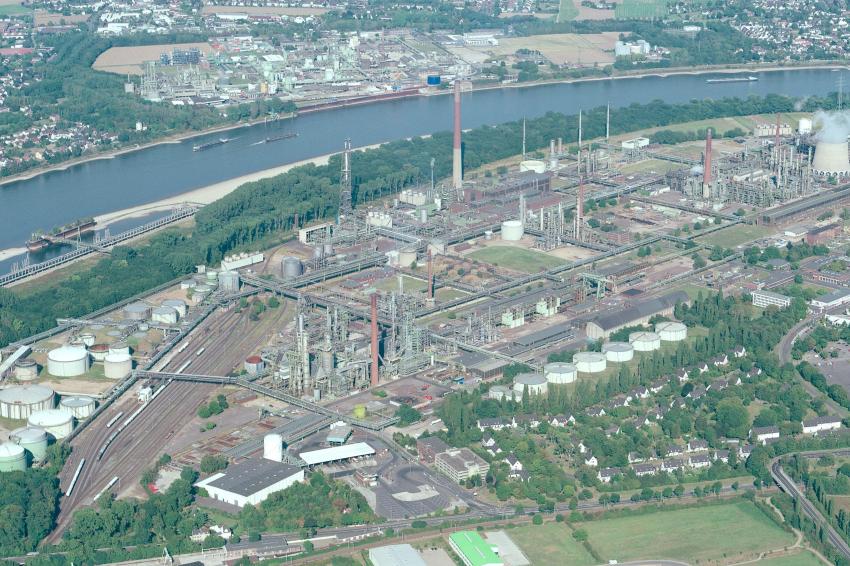Shell and ITM Build German Electrolysis Plant
29.01.2018 -
Shell and energy storage and clean fuel company ITM Power have announced they will build the world’s largest hydrogen electrolysis plant at the oil major’s refinery in Rhineland, Germany.
The facility, called Refhyne, will be the first industrial-scale test of the polymer electrolyte membrane (PEM) technology process when it starts up in 2020. ITM’s PEM technology uses a stack of electrolysis cells with proton exchange membranes to split the water. Peak capacity will be 10 megawatts. The partners will now start detailed technical planning and securing approvals.
“This new unit at Rhineland enables hydrogen to be made from electricity rather than natural gas. A unit of this kind brings a flexibility that can help the stability of the power grid, thereby facilitating more use of renewable electricity,” said Lori Ryerkerk, executive vice president at Shell Manufacturing.
The Rhineland refinery, Germany’s largest, requires roughly 180,000 t/y of hydrogen, which is currently produced by steam reforming from natural gas. The electrolysis plant will be able to produce an additional 1,300 t/y of the gas, which can be fully integrated into the refinery’s processes, such as for desulfurizing conventional fuels.
Shell said the hydrogen will be used for processing and upgrading products at its Wesseling refinery. The electrolysis plant will also enable the partners to test the technology and explore applications in other sectors.
Along with Shell and ITM, other members of the project’s consortium include Norwegian research organization Sintef, sustainability software and consultancy group thinkstep and UK energy consultancy Element Energy. The consortium has secured funding of €10 million from the European Fuel Cell Hydrogen Joint Undertaking, which is supported under the EU’s Horizon 2020 program as well as by industry associations Hydrogen Europe Industry and Hydrogen Europe Research.
Shell added that it was taking part in several initiatives to build up a hydrogen refueling network for transport in a number of markets, including Germany.





